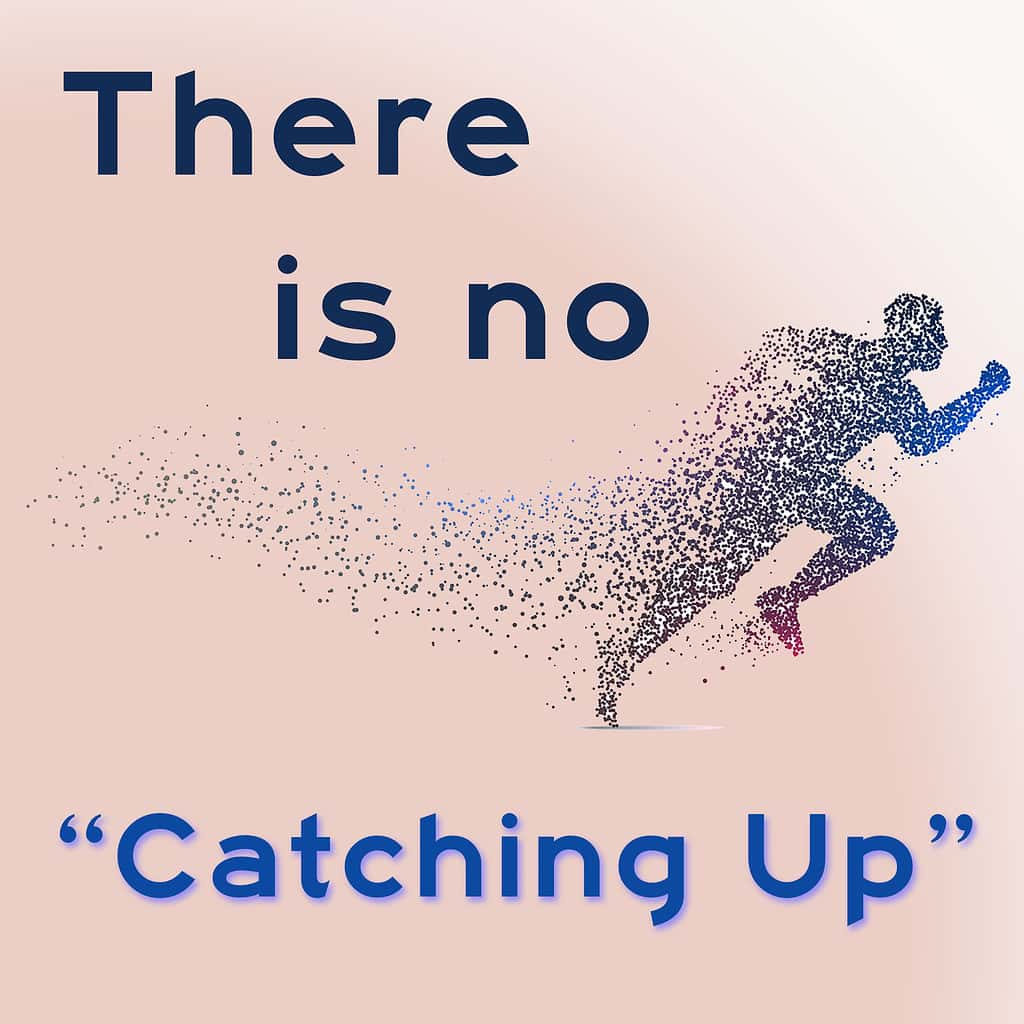Did you ever say something you regretted? I mean regretted immediately. Before the sound waves actually reached the other person’s ear, you were wishing you hadn’t said that.
What you said was true, and you believed it. But you didn’t phrase it just right.
This regret can be heightened in marriage, because you know the thing you said is “out there” and can be thrown back at you again and again for the rest of your life.
I said something like that once. Awhile back my wife and I were talking. I don’t remember what it was about, and I doubt she does either, when I uttered the following words, which will live forever in my marriage:
“Try to focus on not whining.”

As a general rule, I encourage you to avoid the phrase “Try to focus on not whining.” It’s really not a good thing for most relationships.
But I have to say, most of us could use a gentle prodding reminder once in a while. Luckily for me, my wife has a sense of humor. My regrettable phrase has worked its way into our lives.
For example, I might start discussing yard work and then go off on a tangent about transplanting roses and how this bush died, and you’d think one out of four bushes is a bit too high for a failure rate, and blah blah blah.
At this point, my wife says “Try to focus . . ..” She doesn’t even have to finish the sentence.
We need to be reminded to Focus on Not Whining. This is different from remembering to stop whining, or to avoid whining. Those things are good, but they’re actually different from focusing on not whining.
When you focus on not whining, it means you actively place your attention on not whining. We all have complaints — and legitimate complaints — but sometimes we go beyond the legitimate statement of a problem into a serious, non-stop, can’t say a good thing, bring-it-all-out whining session.
Whining is different from complaining. Whining puts the attention on the whiner, not on the issue at hand.
Whining doesn’t really care about a “fix” to the problem. Whiners just care that you know how horrible this is for them.
Complaining, if it’s done correctly, can put attention on an issue and solve a problem.
Whining simply allows the whiners to wallow in pity and take the stand that life is unfair to them. They don’t play a role in their problems: life happens to them.
| “The path of your life isn’t forced upon you; your ‘fate’ is what you get to shape every day by what you choose to do or not do. I think what happens to so many people is that they become overwhelmed with those choices; they’re so afraid of making a wrong choice about the direction of their life that they make no choice . . . and then they sit there paralyzed, trying to convince themselves that their unhappiness isn’t their fault. It’s fate’s fault.” — Philip Van Munching |
When you focus on not whining, you say “Stuff happens. Let’s move on. What’s next?” When you focus on not whining, you place emphasis on productive, useful complaints that are articulated in such a way that they can bring solutions.
You’ve certainly heard the question:
Are you part of the solution,
or part of the problem?
Whiners are part of the problem!
Emotional steam. Sometimes our “whining” is really just blowing off steam. We get worked up about one little thing after another. First you stub your toe in the morning. Then the newspaper’s wet. The dog spills his water bowl, your kid left the garage door open all night, you burn your toast, and maybe there’s a little coffee spill.
You’re human and it gets pretty frustrating sometimes.
Sometimes, whining is just meaningless expression of emotional steam. Stuff happens. Make sure, when you do this kind of whining, that it’s short-lived, focused on the moment, and that you put it behind you quickly.
Apologize to everyone within earshot.
And then move on.
Try to focus on not whining.
Then commit to having a good day for the rest of the day.
As with all habits of success, not whining takes practice. Be patient with yourself. You can start over immediately after you slide backward. No one’s keeping score, but everyone will notice as you become more successful!







